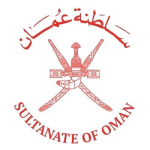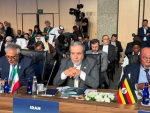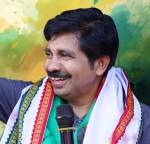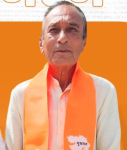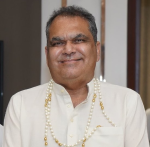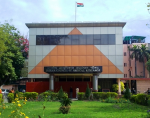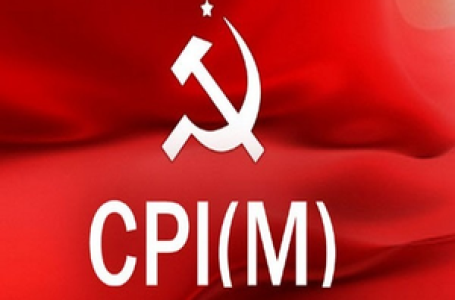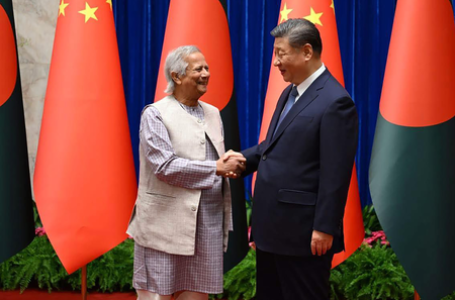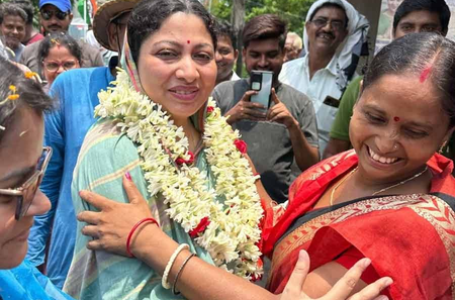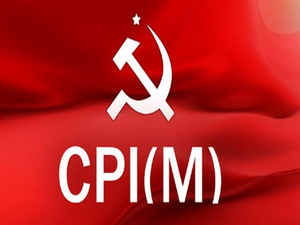
New Delhi: Before the fiftieth anniversary of the day the Emergency was declared, on June 25, 1975, Prime Minister Narendra Modi received a thumbs up from an unlikely source: characterizing the last 11 years of his government, the Communist Party of India (Marxist) said a comparison of Modi’s rule with the Emergency was “misplaced.”
In the latest issue of ‘People’s Democracy’, the CPI(M) party magazine considered its mouthpiece, the Central Committee of the party in an editorial recalling the Emergency distanced itself from those critiquing the last 11 years of Modi’s rule as an era of ‘undeclared emergency’.
In the editorial it said, “Looking back fifty years later, the emergency can be seen as the first major onslaught on India’s democratic system –one that severely curtailed civil liberties and democratic rights. But it is a mistake, as many tend to do, to draw a direct comparison between the Emergency of 1975 and the present situation.” It went on to state that, “the past decade under Modi is often referred as an “undeclared Emergency,” but such a comparison is misplaced on several counts,” without elaborating in detail.
Sources in the CPI(M) feel that this characterization of the Modi regime may spark an inner party debate in the forthcoming Central Committee meeting. Many civil right activists, including some party members, feel that freedom of expression has been compromised in a big way over the past decade, with international media monitors and organizations like “Reporters without Borders” ranking India’s position as 159 among 180 countries in the 2024 freedom of expression index. In the past decade, this has come down from 140 to 159, which should be a bench mark for characterization of a regime.
Recently, at a debate within the CPI(M), senior Marxist leader Prakash Karat refused to paint Modi as a fascist. Those opposing Karat said while it is true that during Indira Gandhi’s emergency regime journalists and politicians of opposition parties, along with civil society activists, were placed behind bars, the present regime has imprisoned several journalists under anti-terror and sedition laws, which has never happened before in this country.
The ‘People’s Democracy’ editorial also referred to the speech given by A K Gopalan, leader of the CPI(M) group in the Lok Sabha during the debate on the Statutory Resolution for Approval of the Emergency proclamation on July 21,1975. Gopalan said, “the warning given by our Party about the rise of the tendency towards totalitarian and one party dictatorship over the last three years has proved true with the sudden declaration of the new Emergency.” He also exposed the “false narrative that this emergency was aimed at the extreme Right and Left adventurists.”
The June 2025 editorial begins with a caption “Fifty years on: A New Deeper Threat to Democracy.” This ideological narrative to describe the Modi regime is a new shift in the CPI(M). A senior leader commented that reflecting on the functioning of Modi with respect to the emergency is totally uncalled for.
The message appears to be that the CPI(M) is clearly distancing itself from many ideologues and civil right activists on a united resistance movement against the Modi regime. The reasons for distancing themselves, however, remain unclear and will be debated within the party forums.
INDIA NEWS STREAM



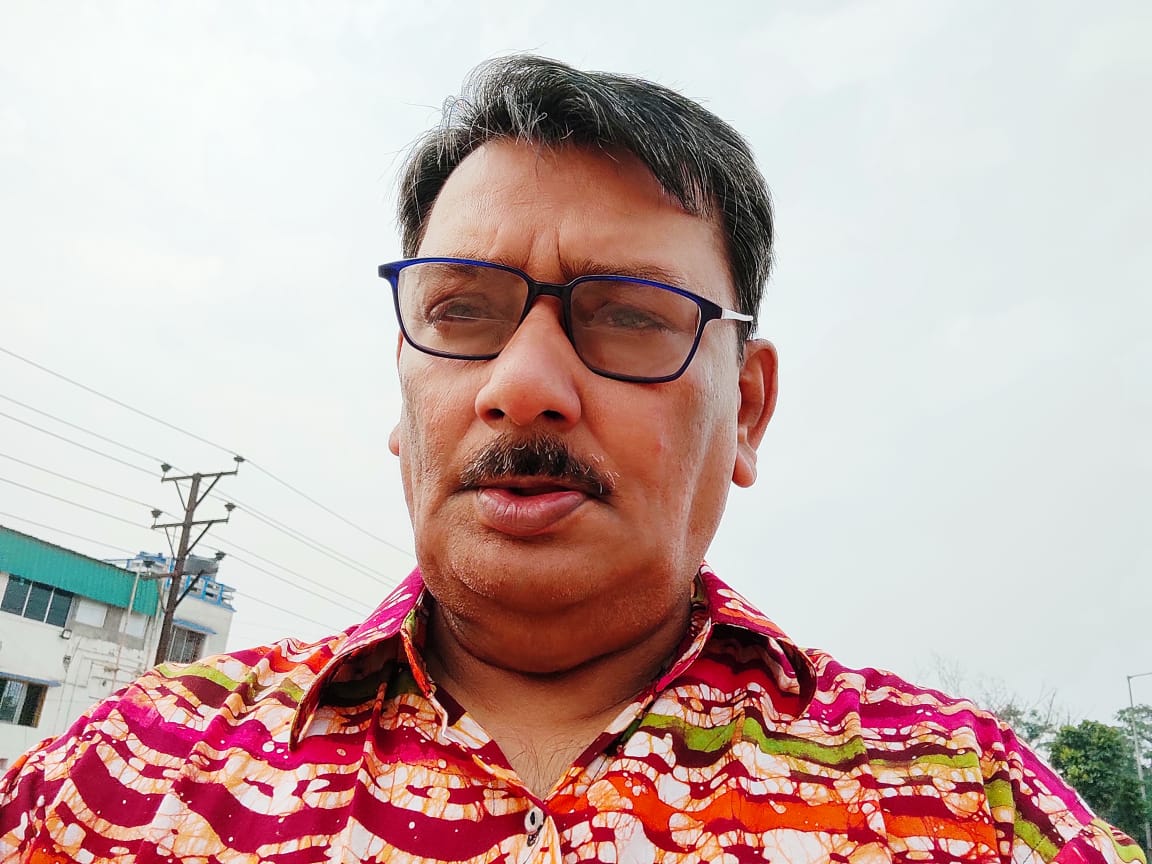 by GAUTAM LAHIRI
by GAUTAM LAHIRI
